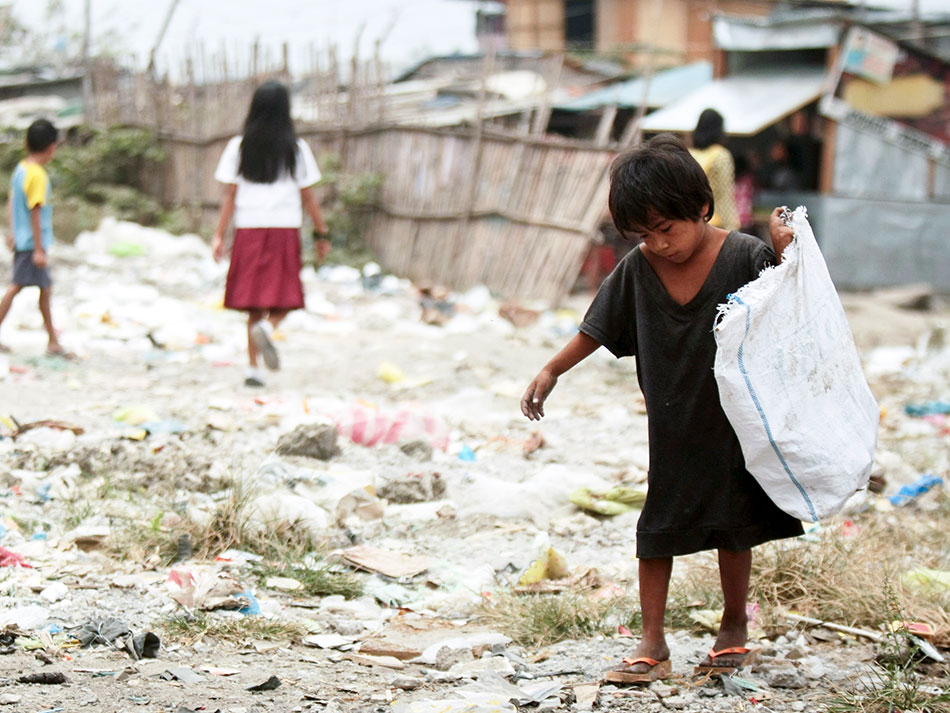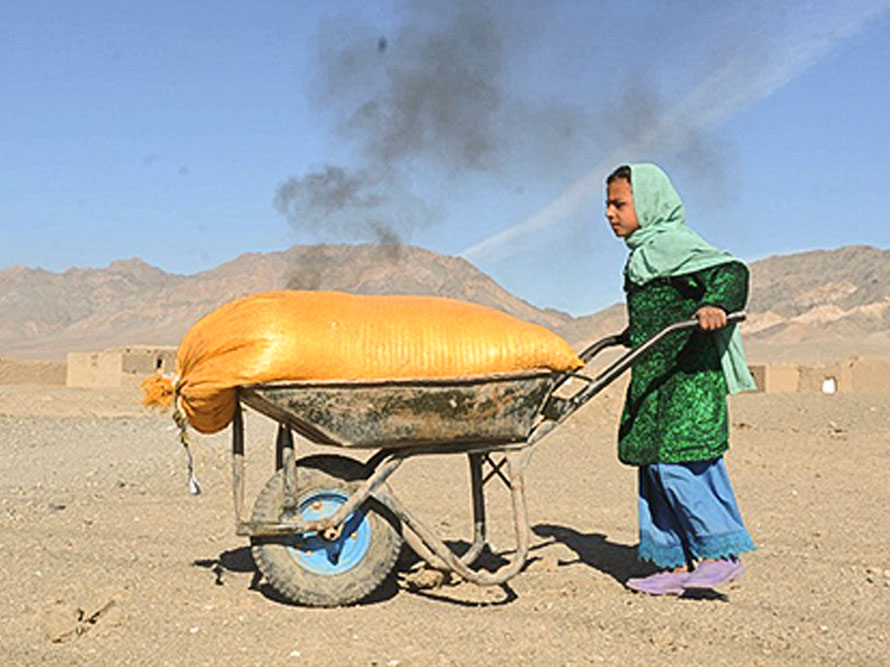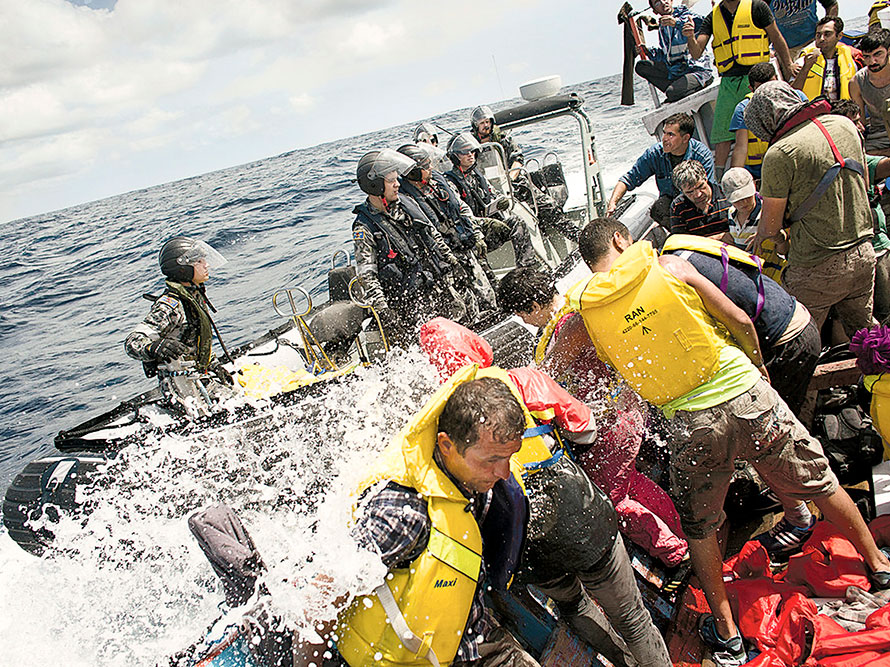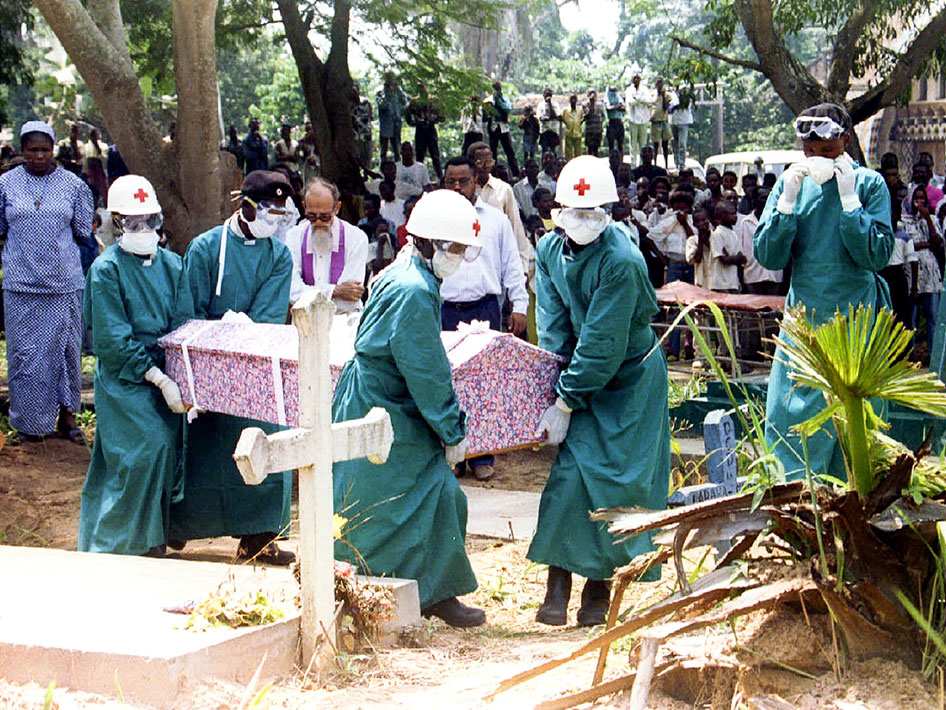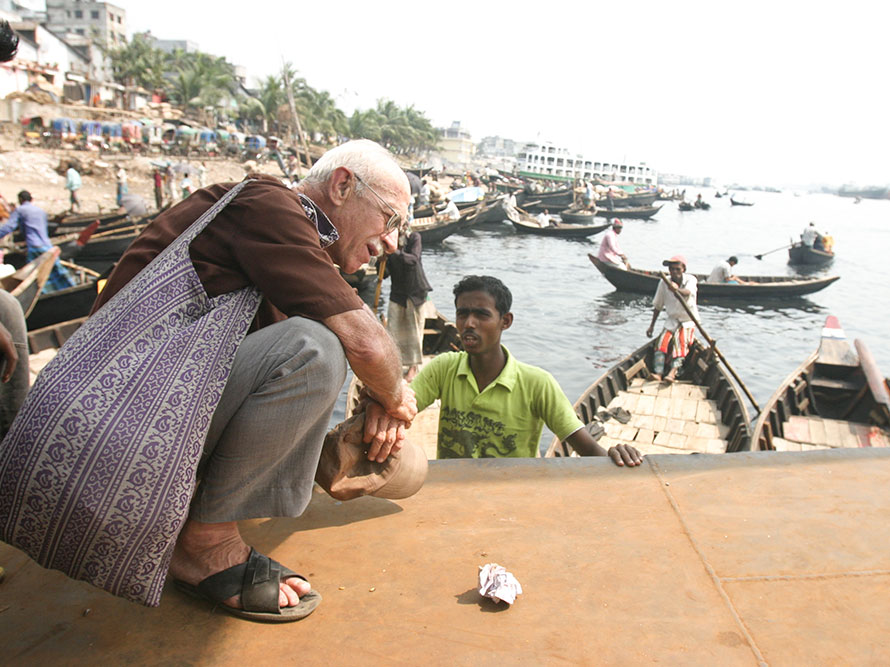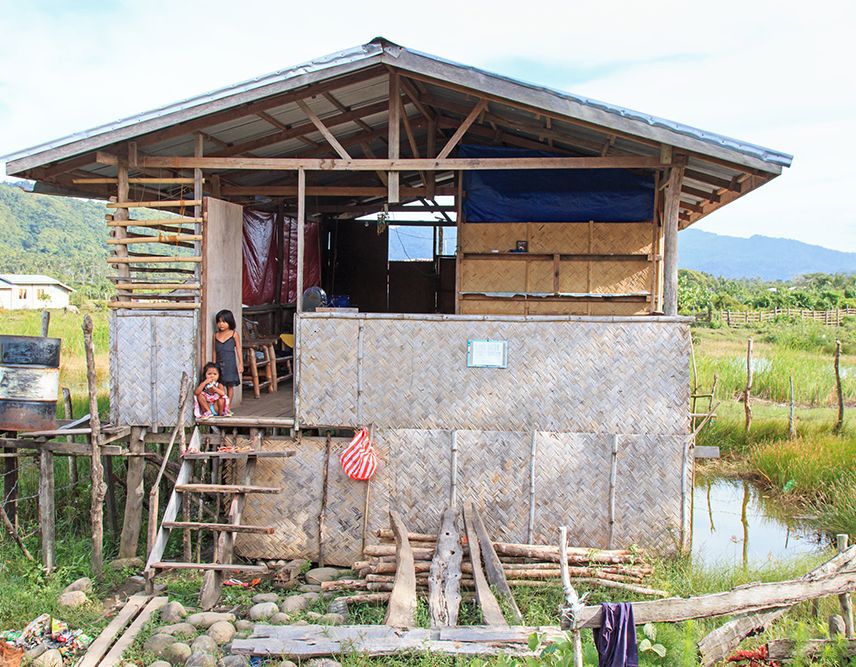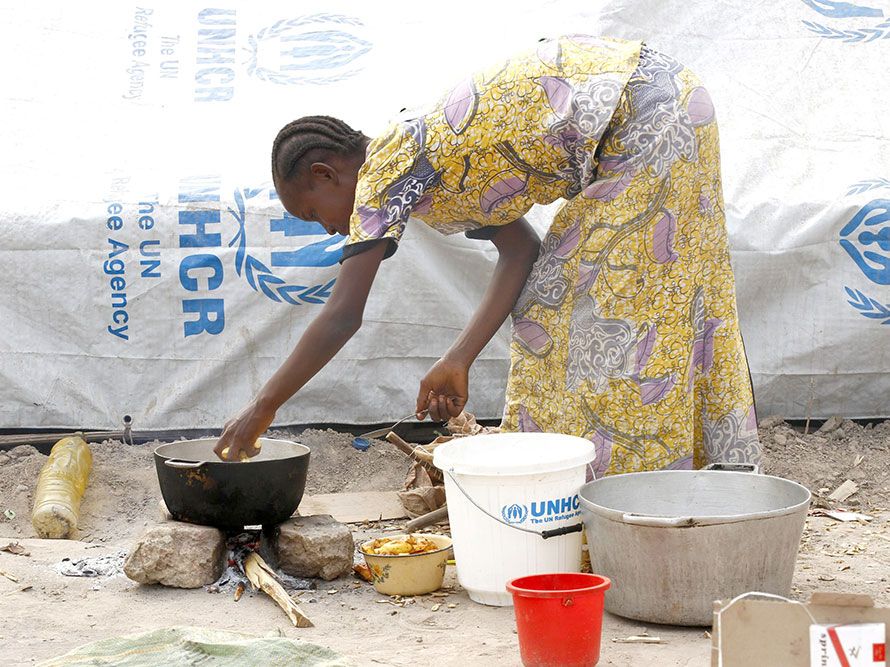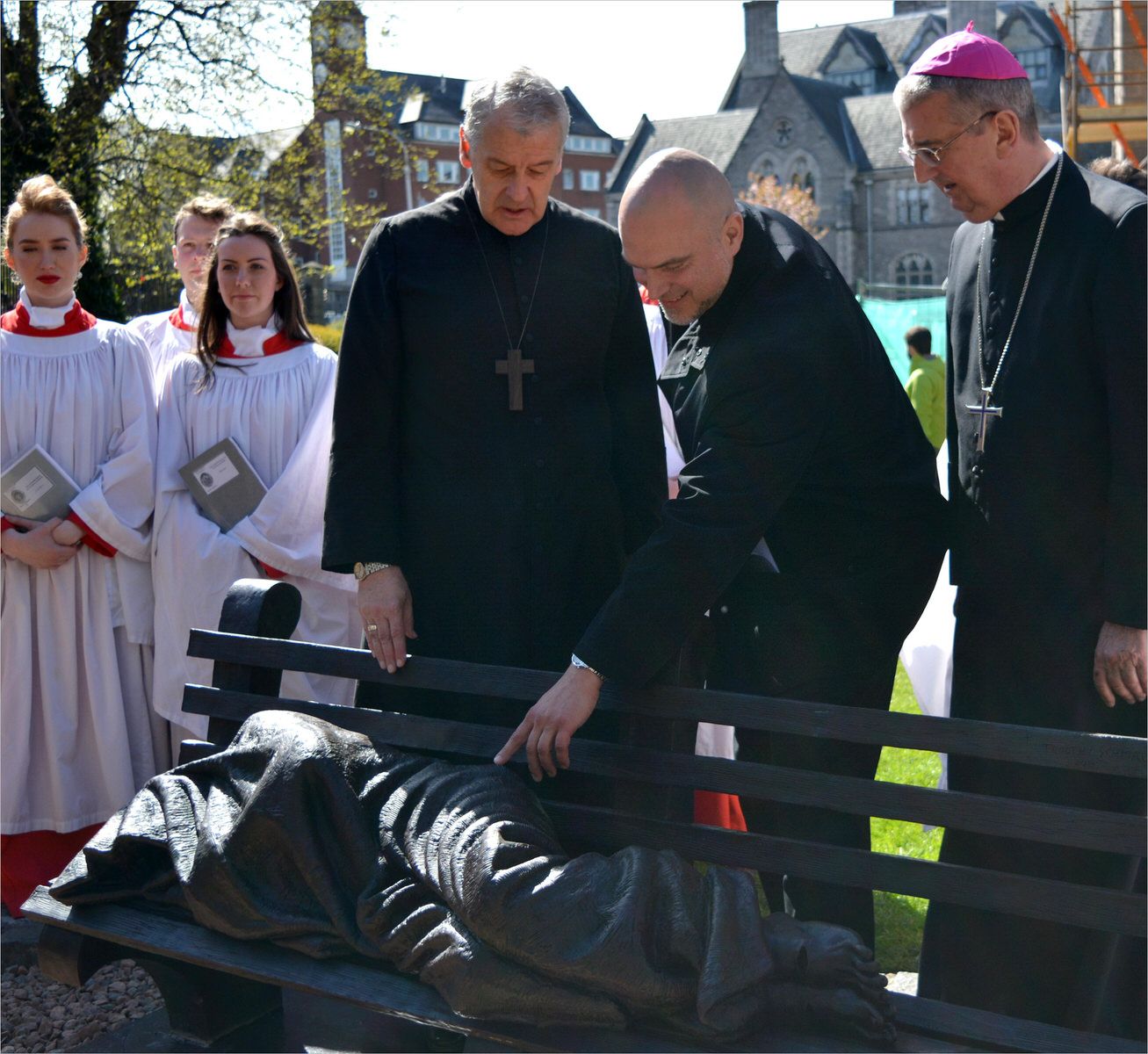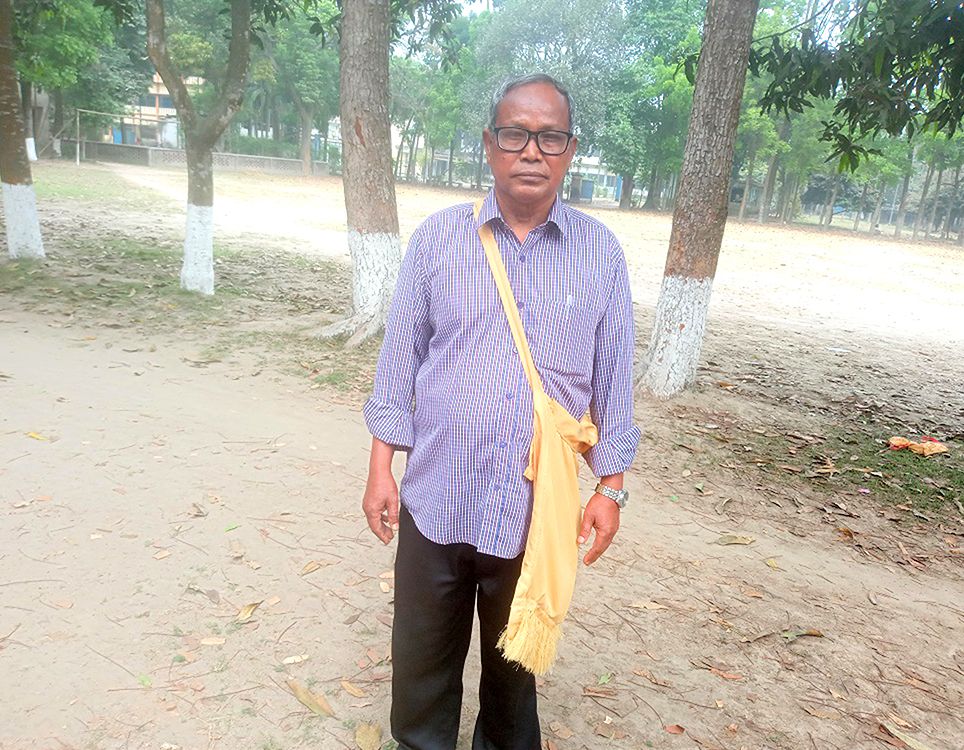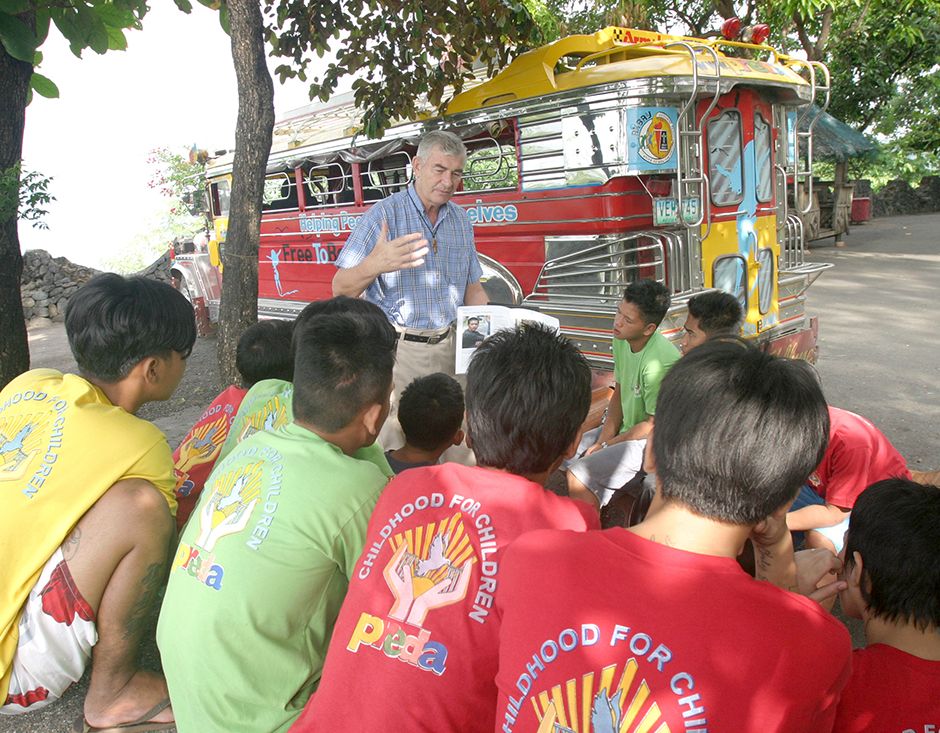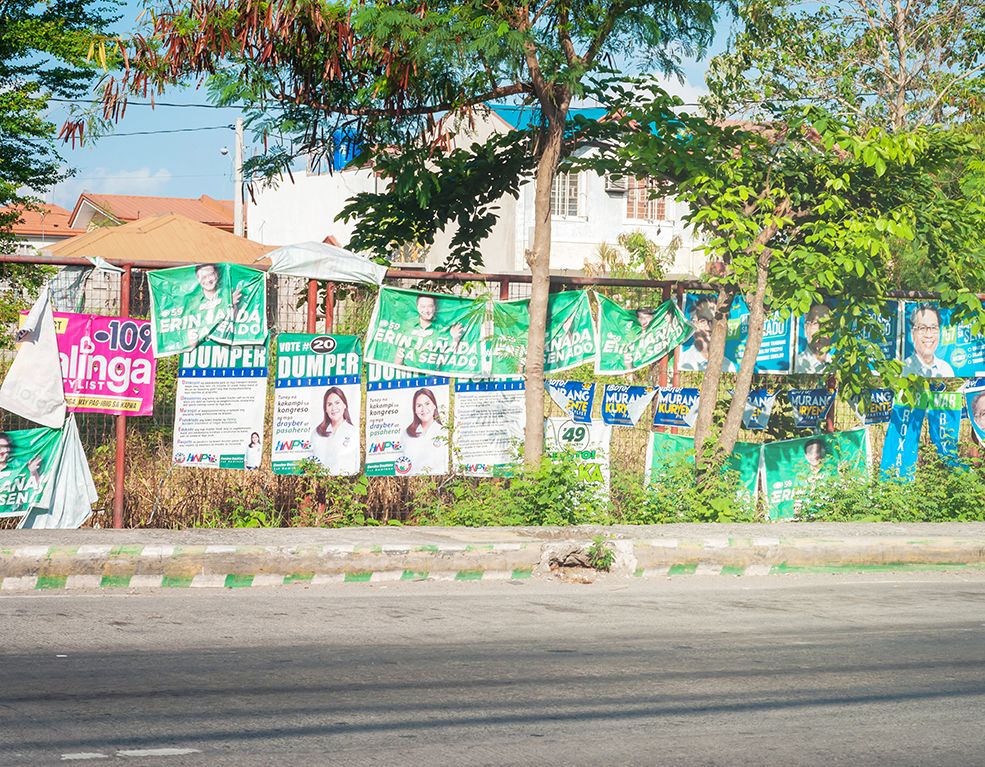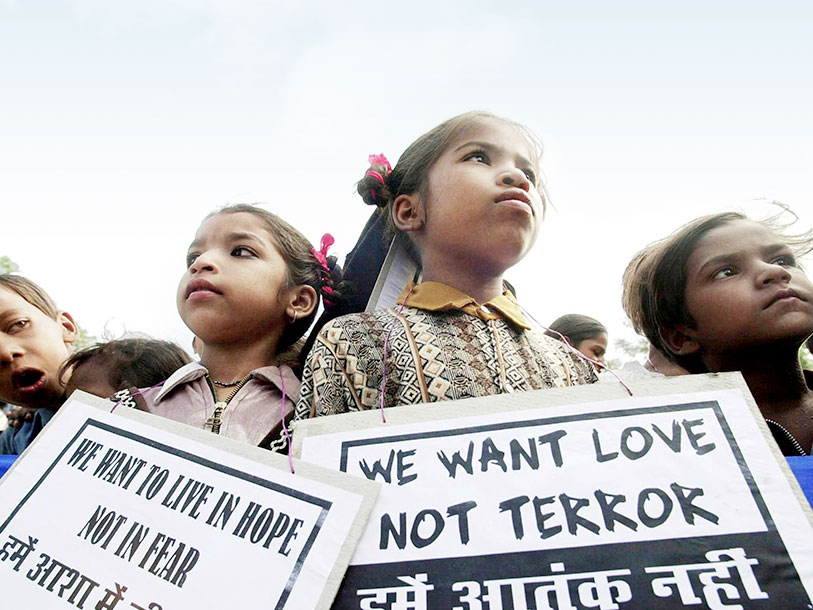Fifteen-year-old Ronalyn is a scavenger at the dumpsite in Payatas, Quezon City, the biggest open dumpsite in Metro Manila. She sorts out garbage and gets whatever she can sell, recycles, and even eats from the dumpsite. On a normal day, she could earn an average of PhP50 or around US$1 from her stash which she contributes to help buy their family’s food for the day. She is among the millions of Filipino children forced to work at an early age because of poverty.
Seventeen-year-old Crystal, meanwhile, was born in a cemetery in Caloocan City. Her parents also scavenge garbage to make a living and a junkyard in the gravesite is what they call home. She used to live in a community where drug addiction, prostitution and malnutrition abound. If not for an accident that almost killed her when she was still a toddler, she would not have made her way to a foster home in Montalban, Rizal province. (Crystal has been featured in the World Mission and her story landed on the cover of the November 2013 issue – Ed.)
Street children like Ronalyn and Crystal were considered “invisible” in a society that is highly materialistic and which has low regard for the poor. But these girls proved that they can be – and have become – somebody. In fact, they are among the first Filipino athletes to ever make it to a finals match for the World Cup.
Ronalyn and Crystal were part of the Philippine team in the Street Child World Cup (SCWC) held last March. They played against host Brazil, which won the finals match for the girls’ tournament with a score of 1-0. The boys, for their part, fared well and made it to the quarter finals. British Roy Moore, leader and coach of the Philippine team, is obviously proud. With very little equipment and rare access to a football field, the children did well despite training on a concrete basketball court once a week and playing on their slippers or bare feet.
But more than winning the SCWC, Roy says it is most rewarding for him to see how the children’s attitude has changed because of football. “In football, the most important thing we talk about is their attitude. Attitude is the most important thing both on and off the pitch because if a child is really gifted in football, they’ll only make it professionally if their attitude is good.”
CHANGE IN THE ATTITUDE
Roy, who co-founded the Fairplay For All (FFA) Foundation, a charity that has been working in the slums of Payatas since 2010, introduced football to the children amid the rising popularity of the Azkals, the Philippine men’s national football team that beat the defending team of Vietnam during the 2012 Suzuki Cup and eventually ascended to the Federation Internationale de Football Association (FIFA) World Cup. Roy once played goalkeeper during his stay at the University of York in England so playing football is among his interests.
Surprisingly, Roy says he didn’t have a hard time teaching a game that’s not as popular in the Philippines as basketball. “The kids love the game and they were always asking for more training. They want to play all the time. If anything, the problem was how to stop them from playing,” he says with a meaningful smile.
But kids being kids, Roy recounts how the players started out as deviants who eventually embraced discipline and good values because of the game’s rules and regulations. “Kids are the same everywhere,” he points out. “If you have rules and consequences and you stick to them, they’ll learn and get used to them. Whereas before the kids would be really naughty, deviant, fighting and swearing with each other, now their attitudes have improved.”
The once makulit (naughty) and pasaway (deviant) children of Payatas, who only played football as a break from their work at the dumpsite or an escape from their miserable condition, have so far won 20 trophies in various tournaments, including those played against well-equipped teams and children of well-off backgrounds. Roy relishes how the Payatas Football Club won against rich kids whose school had its own football field and who are equipped with everything they need for the game. “It was their first time to play on grass and we won mostly because the kids would always run, fight for the ball and try no matter what. It is this attitude that separates them from the rich kids and football played a great part to harness those values. Football brings discipline and teamwork,” he says.
GAME-CHANGER
Eventually, football has not only become a past time for the street children of Payatas, but a subtle means to break the cycle of poverty they were born into. While Ronalyn qualified for the Philippine team that joined the SCWC, two other girls are getting college scholarships after being recruited to join the varsity teams of Far Eastern University and of the University of the Philippines ,respectively. “Only 5 to 10 percent of the kids will find a career in football that is why, for everything else, attitude is the most important thing,” Roy explains.
“Obviously, I’m very proud of a lot of them. I can see how their attitude has improved,” Roy adds. “The biggest change is when you ask the kids what they dream of becoming in the future. When we first started, they would say, ‘I want to be a truck driver, a scavenger’ or ‘I just want a house for our family.’ Whereas now, when you ask them, they’ll tell you they want to be a doctor, a teacher, a lawyer, a chef or an architect. They have dreams now, they think about the future, about helping their family and they are working hard towards that.”
This positive change in the attitude and mindset of the street children of Payatas is fueling the FFA’s drive. Roy says they have a plan to raising funds to build their own football field. “If you can create footballers in the national team from Payatas, training once a week on a basketball court with very little equipment and not the most professional training, that shows the potential that they already have and how good they are with such limited access. And if you improve the access, more of them would be able to make it,” he argues.
PLAY, STUDY, AND EAT
But FFA’s work does not revolve around football alone. Before establishing FFA, Roy actually volunteered to work in the Asian Students Christian Foundation (ASCF), which provided foster homes to street children like Crystal. His meaningful work at the ASCF encouraged Roy to return to the Philippines and establish his own charity that would work directly with the poorest of the poor – in his case, among the scavengers of Payatas.
Currently, the FFA runs a drop-in center which operates like a day care center where children get informal schooling and are fed. The Foundation also gives scholarships to older children to help them attend public schools and sustains them with nutritious food grown from its own garden. Roy says they plan to eventually build a school of their own, the Fairplay Academy. FFA needs roughly PhP12 million or US$250,000 to acquire land and build the football field and the school building.
“If it’s just helping one or two persons or improving their attitude or just make them feel happy for a certain period of time, that is not what charity or development work is supposed to do. For it to be successful, it has to have tangible results – which is, ultimately, the improvement of the community in the long term. In our case, we will sponsor the children as far as they can go. Once they become professionals, they’ll get a livelihood and change their entire family’s situation,” Roy says.
But Roy is not the only one making a difference in the lives of Payatas’ street children. Being with them is likewise making a difference in his life. Roy could have been making a decent income after getting a triple bachelors degree in economics, politics and philosophy in England but he’s in the Philippines working on a charity without getting a salary.
“There’s a difference between understanding something academically than understanding it in the real world,” Roy says. “You can understand that 20,000 children die every day because they don’t have enough food but to see it personally is different. To live in a community where kids need to work because they don’t have enough food is different than merely reading about it in a paper.”
For one, Roy shares a story of orphaned siblings who work as jumper boys who literally jump from one dump truck to another to scavenge for metal and sell them to junk shops. One day, one of the boys didn’t realize that the metal he was flattening out was a strip of bullets. When he pounded them with a hammer, a live bullet set off and hit his brother in the leg.
“This story was what struck me the most because these kids are trying as hard as they can just to get the basic food and to get one kilo of rice a day. They are more hardworking than any senator, congressman or another politician but the problem is that nobody sees it. No one makes the effort to understand,” he says.
Roy adds: “When you see what is going on in the world, perpetuating injustice is something that I don’t want to do. Besides, I could never work in an environment where I feel I am neither productive nor making a difference because, for me, that would be a waste.”
And speaking of waste, Roy remembers a day when he treated the kids to a fast food restaurant after winning a tournament. The children literally brought all the leftovers with them as well as the rubbish. “They were joking that ‘there’s no point putting these waste in the bin because they’ll end up in Payatas anyway.’ So they took all their trash home and sold them later on.”
Just like the hardworking children, Roy says his work in Payatas has made him more hardworking than he used to be.
You can help Roy and the FFA provide opportunities for the children of Payatas to rise from poverty and fulfill their dreams. Email ffafoundation@gmail.com to inquire how you can help.





